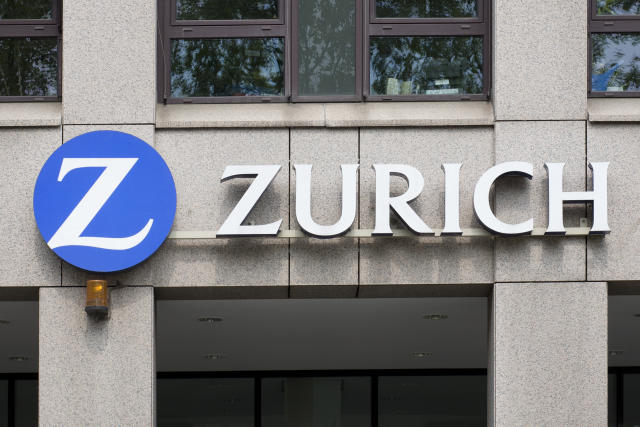The UK’s tax gap increased by 21% in the past decade and currently sits at almost £40bn, the latest analysis by RIFT revealed.
During Labour’s Spring Statement, Chancellor Rachel Reeves announced that the Government is determined to reduce the UK’s tax gap – the difference between the amount of tax owed (technically referred to as ‘theoretical tax liability’) and the amount of tax actually paid – in order to raise around £7.5bn in national revenue.
Reeves had also pledged an investment of £100m over the next five years to recruit an additional 500 compliance officers at HMRC to further clamp down on tax dodgers.
But RIFT’s analysis of Government tax data showed that Reeves has a enormous challenge on her hands in order to close the gap.
The latest data showed that during the last financial year the UK’s tax gap sat at £39.8bn, marking an annual increase of 4.5%, and an increase of 21% over the past decade.
Further analysis from RIFT revealed that Corporation Tax is the main cause of the growing tax gap, with the difference between Corporation Tax owed by UK businesses and the amount actually paid growing by 26.9% in the past year alone to sit at £13.7bn.
The only other area to have seen an increase is ‘other taxes’ which is up 5.9% on the year.
Meanwhile, the gap for VAT has reduced by 3.6%.
Income Tax, National Insurance contributions and Capital Gains Tax have all seen a reduction of -4.2%; and Excise (including alcohol, tobacco and oils) has reduced by -13.8%.
Bradley Post, managing director of RIFT, said: “Labour’s ambition to reduce the tax gap is an important one.
“While it’s nigh-on impossible for every penny of tax owed to be collected, if the UK’s economy is to grow in the way it needs to, everything possible must be done to ensure the gap is as small as possible between what’s owed and what’s paid is as small as possible.
“HMRC is doing well when it comes to collecting tax from employees, VAT, and excise, but this good work is being undone by a rapid increase in the amount of missing Corporation Tax, and this is where Labour’s own policies threaten to make the situation even worse.
“It’s likely that one reason for so much Corporation Tax going uncollected is because businesses, particularly SMEs, are struggling to keep their heads above water through tough economic times.”
He continued: “When the economy is working against them, small businesses often have to dip into their tax reserves to keep paying the bills and stay operational, so when it comes to pay their Corporation Tax, they’re lacking the full amount required.
“And now that Labour has intensified the cost pressures on businesses through the likes of increased Employer National Insurance Contributions and a higher National Living Wage, it’s safe to assume that the ability to afford timely Corporation Tax payments is going to get harder still.
“So until the economy improves and businesses can create more revenue, Labour’s pledge to reduce the tax gap seems to directly conflict with its methods of increasing tax income which is itself specifically designed to help the economy improve.
“It’s a circle that’s impossible to square and It’s hard to see how the two things can align.”

















